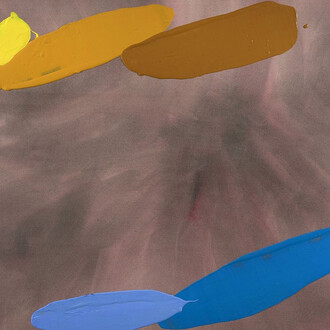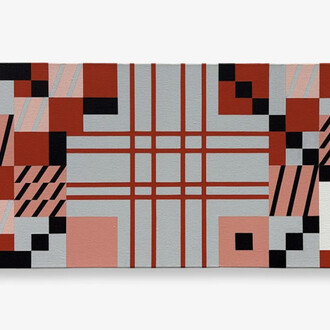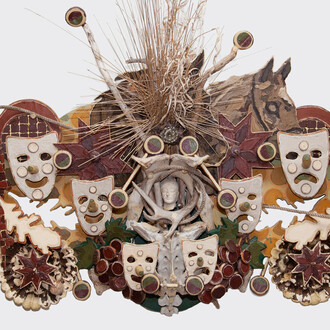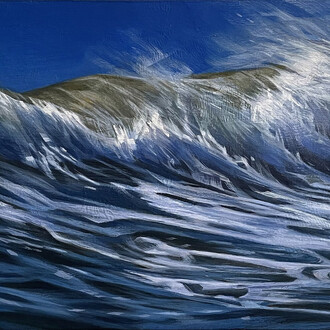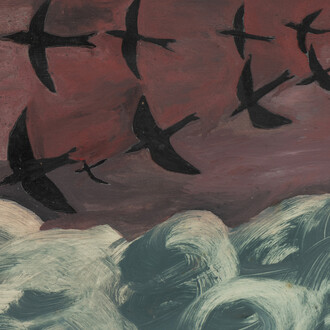Why do we feel called to create art? What does art accomplish? Is the clarity of creation a way back to mental health?
For the groundbreaking Catalan psychiatrist Francesc Tosquelles, art, labor, and psychotherapy all constituted a cohesive form of work, through which a person who had lost the experience of reality or self could begin to reconstitute these mental frameworks.
With this conceptual framework in mind, Fountain House member and artist Conor Gannon, in conjunction with psychiatrist Dr. Christopher Landry, led a 9-week mixed-media workshop for the Fountain House community. Painters, sculptors, musicians and writers met at the Clubhouse for nine weeks, alternating between art creation and discussion, to develop their accounts of the value of creative expression in the context of mental illness and recovery.
The workshop, exhibition, and accompanying panel are organized in response to Francesc Tosquelles: Avant-Garde Psychiatry and the Birth of Art Brut, currently on view at the American Folk Art Museum (AFAM), through August 18.
Select pieces created during the workshop will be on display at Fountain House Gallery, August 6 through August 17.
On August 14, participating artists will be joined by Edward Dioguardi, Anthony Petullo Foundation Curatorial Fellow and co-curator of Francesc Tosquelles: avant-garde psychiatry and the Birth of art brut at the American Folk Art Museum for a panel discussion about art’s relationship to mental illness and recovery and Fountain House’s encounter with Tosquelles’ legacy.
Said Dioguardi: "In the Tosquelles exhibition, we raised the question of what relation the singular social conditions at the Saint-Alban Psychiatric Hospital might have to the development of its significant material culture and artistic legacy. The Fountain House members' and artists' visit to the Tosquelles exhibition was so exciting because we got to pose the question in reverse: what conditions or causes — internal, external, or otherwise — call us to produce art and work as artists? I'm looking forward to continuing this productive intellectual exchange and exploration with ARTiculations".
In a joint statement, Fountain House member and artist Conor Gannon and Dr. Chris Landry shared: “Tosquelles held that the product of work in art or labor ‘did not have a therapeutic value in itself, but it was invested with affective, economic, and social values’. At Fountain House, these values are essential to the work we do. We often discuss the breakdown in serious mental illness as an instance of ‘relationship failure’, a dramatic loss of connectedness and the possibility of shared meaning. At Fountain House, as at Saint-Alban Hospital in France where Tosquelles practiced, participation in the community is restorative because we discover previously unimagined ways out of fragmentation, reclusion, and exclusion. For many members of the Fountain House community, art is the most viable pathway out of isolation and back into the community. Through art making, members of Fountain House—all of whom have experience of some form of severe mental illness—can share inarticulable or isolating experiences with those who have suffered and those who have not. This process validates their reentrance into the general community, using their art to transform experience into something universal and shared”.










